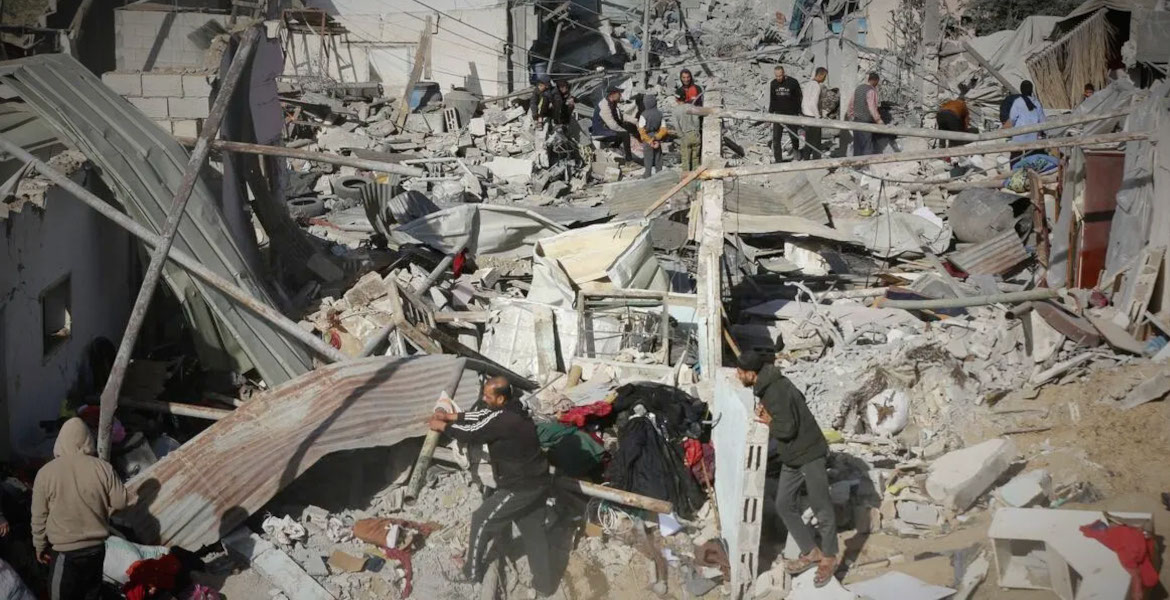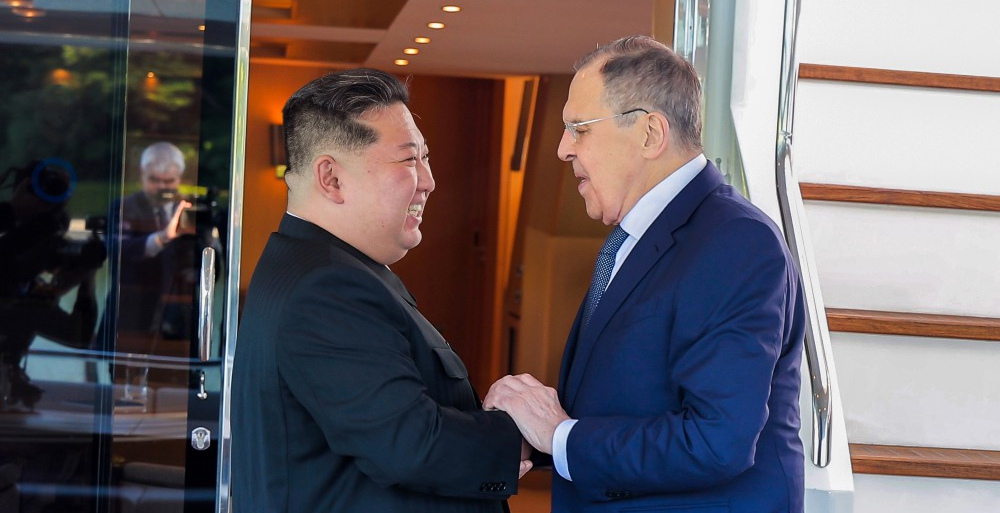An already crippled agricultural production has been made worse by extreme drought. Now the Zimbabwean government says nearly three million people will go hungry this year.
Reuters journalists report how villagers can be seen standing in groups, waiting for their names to be called so they can receive some grain, peas and cooking oil to help their families survive.
– We are grateful, but the food will only last a month. My crops have withered, says a 71-year-old woman.
Since the turn of the millennium, the country has faced serious food production problems after then-President Robert Mugabe decided to confiscate farms owned by white Zimbabweans and hand control over to people with little or no experience in agricultural production.
Zimbabwe’s political leadership claimed that the seizure of white farmers’ farms was a “fairness” measure to “correct the imbalance in land distribution” – but critics have pointed out that the move not only violated the farmers’ basic human rights, but that the farms were often given nepotistically to people loyal to the ruling Zanu-PF party.
State of emergency may be introduced
The decision led to a complete collapse of the country’s food supply, and for almost 25 years many Zimbabweans have had to rely on aid to survive in a country once known as the “breadbasket of Africa.
The food crisis has been exacerbated by a particular type of drought affecting many countries in Africa, with 2.7 million or more people now at risk of starvation. The “El Nino drought” that has hit Zimbabwe usually occurs only once a decade, but in the worst case it can last for a year or more.
According to Reuters, the government is even considering declaring a state of emergency after, among other things, maize production fell by 50%.
The UN’s World Food Program (WFP) says it has so far helped some 270,000 people in four particularly drought-stricken districts, but does not have the resources to feed everyone.







